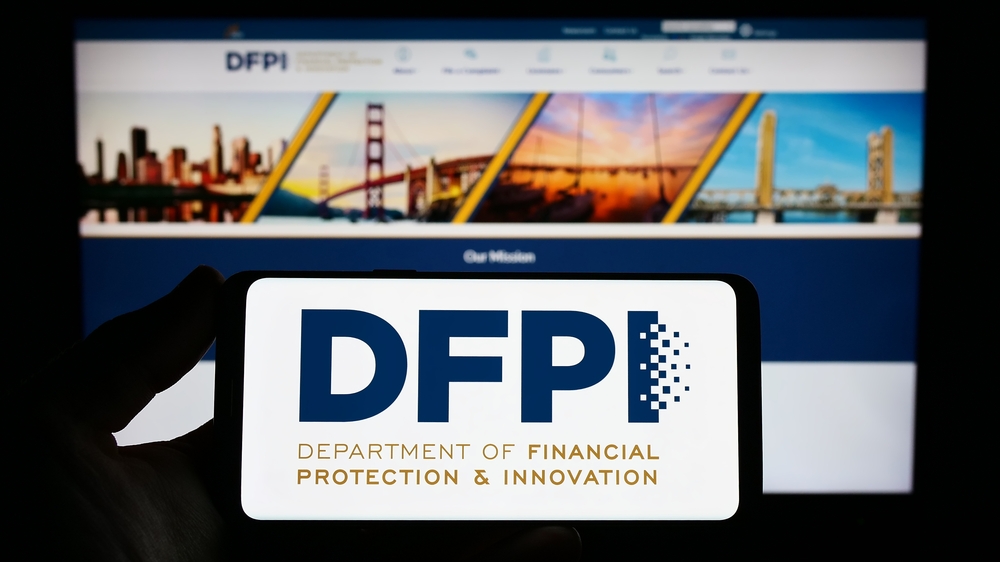
Summary
- The fever-pitch hype around distributed ledger technology is being replaced by more concrete efforts to integrate this technology into our financial systems.
- Standards and controls will be essential in ensuring this technology’s integration is managed effectively.
- As the worlds of TradFi and DeFi converge, standards and governance are needed to drive ecosystem growth while ensuring safety and stability.
- This is an edited version of an article that originally appeared in On The Agenda.
For a moment back in the mid-2010s, blockchain was being hailed as the future of financial markets. It was labeled generational and transformative due to its decentralized nature and potential applications across various industries, with the ability to solve an ever-growing list of operational challenges.
That level of hype was never realistic or sustainable. While there is no doubt that distributed ledger technology (DLT) still holds great promise to reimagine business models and processes, the blockchain journey has reached an inflection point after years of experimentation. Many companies have begun increasing rigor around investment and want to see a pay-off. They’re demanding a real strategy and strong business cases before approving funding for existing and new proofs of concept.
The good news is that, according to a recent study, nearly 40% of financial market participants are currently using some form of DLT or digital assets. These initiatives have begun to show that the technology can improve certain functions, such as securities issuance, trade settlement and data transparency. They have also demonstrated new investment opportunities and operating models as well as ways to enhance efficiencies and liquidity across trade flows and asset classes.
Fragmented innovation is stymying progress
However, too many financial institutions and service providers are exploring how to leverage the technologies individually or as islands of digital innovation. Across the capital markets involved, 74% of DLT projects involved fewer than six participants in 2023. It’s clear that what’s lacking is widespread, industry-wide collaboration. The siloed nature of these initiatives, implemented on different networks with different protocols for connectivity, communication and function, pose challenges to broad adoption and limits the ability to scale any DLT solution.
All of these obstacles can lead to inefficiencies, risks, high transaction costs and limited gains from trading. They also could lead to a new but disconnected puzzle of DLT silos that use multiple technologies and standards. In an ideal world, uniform standards would create an even playing field for new entrants into the financial system, maintain privacy and security and ensuring new systems are compatible with existing ones. Consistent standards would also help bridge the digital divide across jurisdictions that are excluded or have more costly access to cross-border systems.
While the industry is ready to assimilate DLT and digital assets into the financial ecosystem, it first needs help overcoming roadblocks to moving assets across blockchains and integrations to traditional systems. The financial markets work well today because we have developed standards for their design and operation. New principles that are emerging aim to reduce risk through defining roles, responsibilities, risks and offsetting controls.
Partnering in the financial industry
This past September, DTCC partnered with Clearstream and Euroclear to publish a white paper on the industry’s continued evolution in digital assets. The report called out the need for greater industry collaboration to overcome the roadblocks impeding the progress of digital assets and counteracting the efficiencies achieved through DLT. The three firms have pledged to collaborate with the industry to drive scale and harmonize standards across processes, platforms and jurisdictions.
An example of such industry-wide collaboration is a recent experiment conducted by SWIFT in which banks and market infrastructures participated to test the transfer of simulated tokenized assets. The results showed that SWIFT’s existing infrastructure can provide a secure, scalable way for financial institutions to connect to multiple types of blockchains. The industry must continue to work together like this to build the optimal architecture and market structure to incorporate DLT and digital assets into the ecosystem and best meet participants’ needs.
Fostering industry-wide collaboration
Industry-wide collaboration is needed to promote acceptance and adoption of digital assets. As the worlds of TradFi and DeFi converge, standards and governance are needed to drive ecosystem growth while ensuring the highest levels of market safety and stability. The collective impact of emerging initiatives will help establish a robust digital infrastructure for the industry in a responsible manner to deliver on the compelling opportunities presented by digital assets.

























